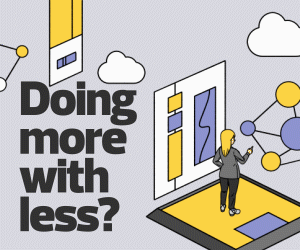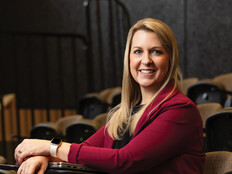Getting Started on Your Generative AI in Higher Education Use Policy
Why aren’t more colleges making more progress on generative AI use policies?
“Getting started can feel daunting,” says Jenay Robert, an EDUCAUSE senior researcher, who wrote the AI Landscape Study.
There’s so much to think about when developing a policy, including cheating, fairness and data security. But one convention in technology development circles could be a good rule of thumb: Start small, figure out what does and doesn’t work, and build from there.
You could begin with the basics, giving students clear guidance on acceptable AI use. Stanford University puts it this way: “Using generative AI tools to substantially complete an assignment or exam (e.g. by entering exam or assignment questions) is not permitted. Students should acknowledge the use of generative AI (other than incidental use) and default to disclosing such assistance when in doubt.”
When moving beyond the basics, you’ll need a flexible foundation because AI technologies are rapidly evolving.
“Standardized, one-size-fits-all AI policies are not sustainable in the long term,” the experts at Duke University caution. Set aside time to understand the issues at stake for faculty, students, staff and administrators. The International Journal of Educational Technology in Higher Education provides a strong overview based on research with students and institutions in Hong Kong.
RELATED: Learn how Temple University created an artificial intelligence policy.
What to Do About Academic Integrity and Generative AI
Generative AI makes it easy for students to create text that seems like a human wrote it. And tools for detecting AI-generated text are notoriously unreliable, as this report from the University of Kansas Center for Teaching Excellence points out.
However, there’s no denying that students can cut corners and use generative AI when under pressure to finish assignments.
One solution is to change the design and structure of assignments, which can substantially reduce students’ likelihood of cheating — and enhance their learning, Yale University notes.












